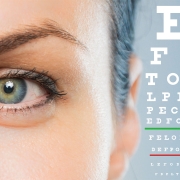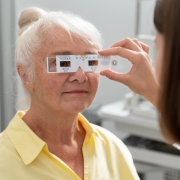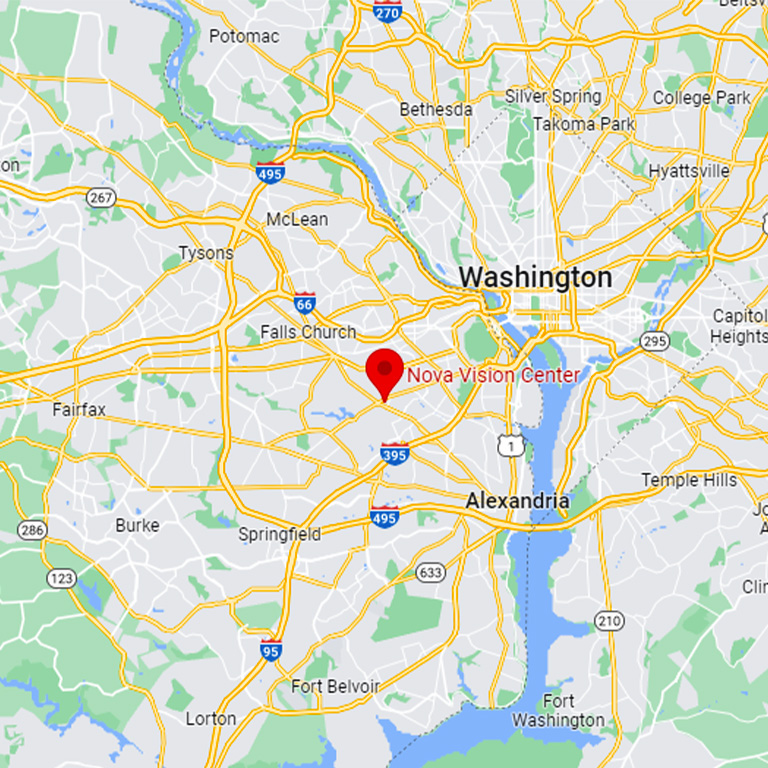In Case of Emergency
Let’s face it. Accidents happen, and vision-related emergencies are not unusual. Nova Vision Center has been serving families in Falls Church, VA, for more than 70 years, and we understand the angst a patient suffers when faced with a vision abnormality of any kind. We are prepared to deal with emergencies in a variety of ways.
The immediate action you take will depend primarily on the symptoms of distress or type of injury. The first step is to remain as calm as possible and seek help. In case of severe injury, seek emergency care as quickly as possible.
What Constitutes an Emergency?
There can be multiple reasons for sudden vision problems. Call or visit our office to schedule an emergency appointment if your vision changes suddenly, if you experience pain or flashing lights, or if your field of vision is suddenly altered or narrowed, or if your vision becomes blurred for no reason. Try not to rub your eyes or apply pressure. And don’t use drops or other OTC treatments to self-medicate.
If you sustain a sports injury or if a foreign particle is lodged in an eye, try to cover that eye and get to an emergency room or your eye doctor immediately. Don’t attempt to drive yourself in the event of a serious injury.
Remember: the faster you get professional aid, the better your chances are of protecting your sight and preventing further damage to your vision and/or your eyes.
In Case of Recurring Problems
Sometimes, vision problems may not seem serious at the time. But if you experience periodic pain, see light flashes, or are plagued by differing kinds of vision issues over time, it’s time to schedule an assessment with a trained and caring professional who can determine the cause of your problem.
Don’t delay making that appointment. We at Nova Vision Center stand ready to help.










